VW Group Akan Menggunakan Single EV Platform Menjelang Pertengahan 2020
Scalable Systems Platform (SSP) akan mengambil alih dari platform MEB dan PPE semasa
Volkswagen Group telah mengumumkan rancangannya untuk mengembangkan platform elektrik baharu yang akan menyokong sebahagian besar EV di seluruh portfolio jenama.
Dikenali sebagai Scalable Systems Platform (SSP), seni bina sepenuhnya digital dan sangat berskala siap untuk menggantikan platform Modular Electric Drive Toolkit (MEB) dan Premium Platform Electric (PPE) semasa menjelang tahun 2025.
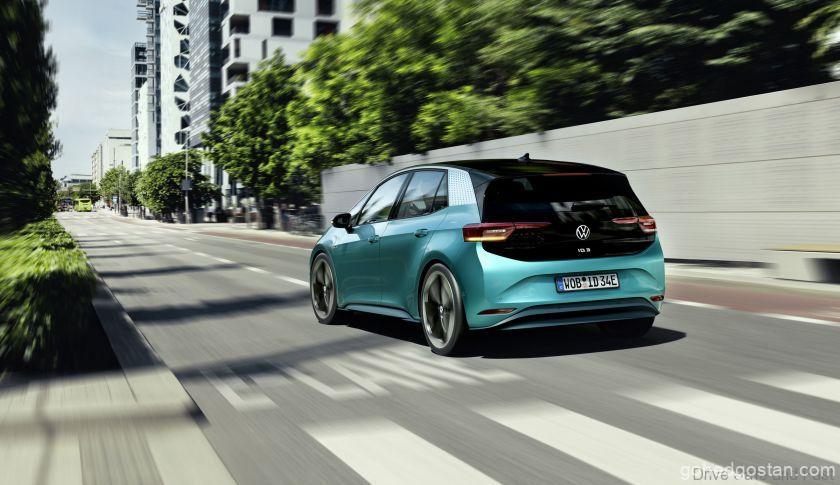
Pertama kali diperkenalkan beberapa tahun yang lalu, platform MEB menjadi asas bagi beberapa model terkenal termasuk Volkswagen ID.3 dan ID.4, Skoda Enyaq serta e-tron Audi Q4 dan Q4 Sportback yang akan datang.
Sementara itu, platform PPE, yang menggunakan teknologi 800 volt yang sama dengan platform J1 Taycan, akan dikongsi antara Audi dan Porsche. Ianya pernah dilaporkan bahawa versi elektrik Macan dan Q5 e-tron akan disokong oleh platform ini.
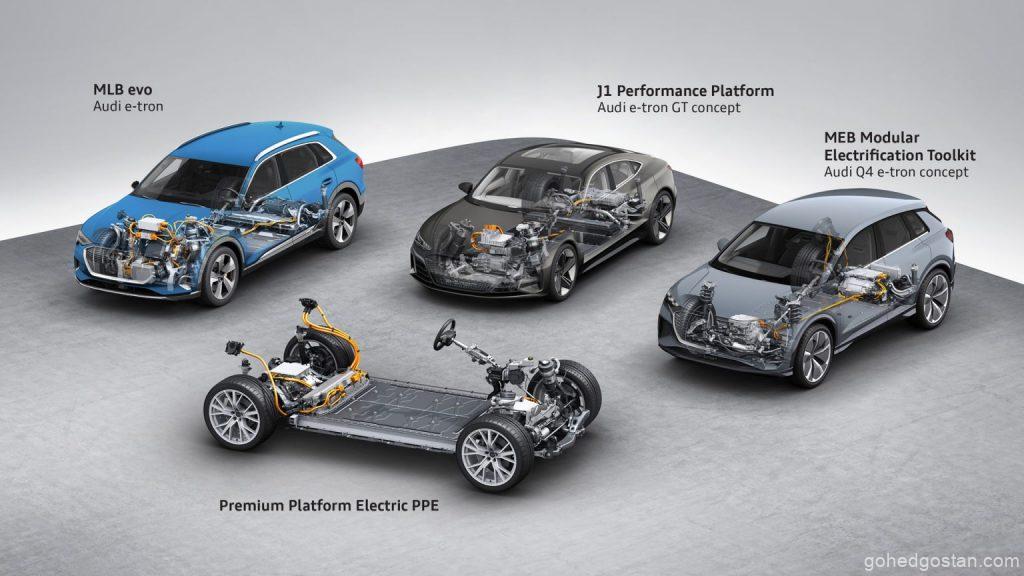
SSP ini akan menjadi sebahagian daripada asas teknikal standard Volkswagen Group, yang merangkumi perkakasan, perisian, bateri dan pengecasan, serta perkhidmatan mobiliti.
Perihal masalah perisian, sistem operasi VW.OS yang dibekalkan oleh Car.Software-Org milik Volkswagen sendiri siap untuk dimasukkan ke dalam kendaraannya, mulai dengan Versi 1.2 dalam PPE, diikuti dengan Versi 2.0 dalam SSP.
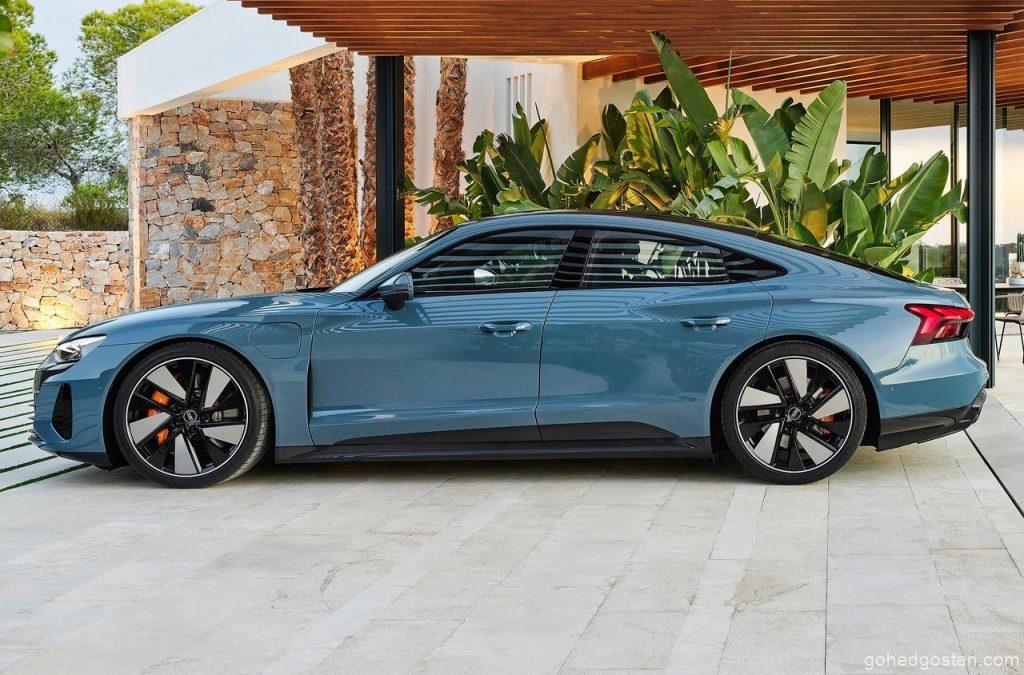
Untuk bateri dan pengecasan, Kumpulan akan memperkenalkan unified cell pada tahun 2023 yang akan digunakan dalam 80% kenderaan elektriknya di seluruh jenama. Langkah ini akan memungkinkan mereka untuk mengurangkan kos sel bateri hingga 50% di segmen entry-level dan hingga 30% pada segmen volume. Enam kilang sel akan dibina di Eropah untuk memenuhi permintaan.

Siaran Media Volkswagen
The Volkswagen Group is stepping up the pace of its transformation into the leading provider of individual mobility in the electric and fully connected age. To this end, the Group will systematically enhance its successful platform strategy. In future, vehicles and services of all Group brands are to be based on largely standardized technical foundations. The Group’s new platform roadmap has four elements: Hardware, software, batteries and charging, as well as mobility services. This is how the Volkswagen Group will reduce complexity, leverage economies of scale and synergies between brands, and generally accelerate the Group’s transformation, which has already begun. In order to secure the investments in future technologies, the Group will continue to focus its core business and strengthen its financial foundation.
In this context, Herbert Diess, CEO of Volkswagen Aktiengesellschaft, said at the presentation of the financial statements for the past fiscal year: “Electrification and digitalization are changing the vehicle faster and more radically than ever before. Economies of scale are absolutely critical for both issues. Our platform roadmap will put us in an even better position to tap the full potential of our Group alliance. By pooling the strengths of our strong brands, we will thus be able to scale up our future technologies even faster and maximize the number of people benefiting from them.”
In the Modular Electric Drive Toolkit (MEB), Volkswagen already has one of the most powerful all-electric platforms in the industry. This platform is now being scaled up worldwide with production in Europe, China and the USA. By 2022, 27 MEB-based models will be offered throughout the Group. In addition, as early as next year, the Group will launch its first vehicles based on the Premium Platform Electric (PPE), with faster acceleration, higher ranges and shorter charging times. By the middle of the decade, the Group wants to develop the Scalable Systems Platform (SSP), the next generation of all-electric, fully digital and highly scalable vehicle platforms, on which models of all brands and segments can then be built.
For on-board connectivity and software, Volkswagen is aiming to achieve synergy effects across all brands in the coming years. All of this will be based on the VW.OS operating system supplied by Car.Software-Org., which was established in 2020. Version 1.2 is set to follow in the PPE. Version 2.0 will subsequently be rolled out throughout the Group with the SSP. By then, the in-house share of car software development is set to rise from the current 10 percent to 60 percent. Car.Software-Org. is also developing the technical foundations for autonomous driving, data-based business models and new mobility services.
In addition, Volkswagen is also pursuing a platform strategy for batteries and charging: Starting in 2023, the Group will introduce a unified cell to be scaled up around the world. By 2030, the unified cell is to be installed in around 80 percent of all the Group’s electric vehicles across brands. Volkswagen will thus reduce the cost of battery cells by up to 50 percent in the entry-level segment and by up to 30 percent in the volume segment. To ensure that demand for battery cells can be met, Volkswagen and its partners plan to build six cell factories with a total capacity of 240 gigawatt hours in Europe by the end of the decade. The Group is also driving the expansion of the public fast-charging network in Europe, China and the USA.
The fourth element of the new platform roadmap comprises mobility services and other services. These include, among others, the MOIA ride pooling service, the WeShare car sharing offering and flexible subscription services from Volkswagen Bank. As it evolves its service offerings, Volkswagen is acquiring systems expertise which it is developing with partners as necessary.
Herbert Diess: “Volkswagen will also be the platform champion in the new world of mobility. Our roadmap clearly sets out how this will be achieved, allowing us to accelerate our transformation into a software-driven mobility group. We will embark on this journey with a newly configured Board of Management and on a solid financial foundation. Our good performance in 2020, a year dominated by crisis, will give us added momentum.”

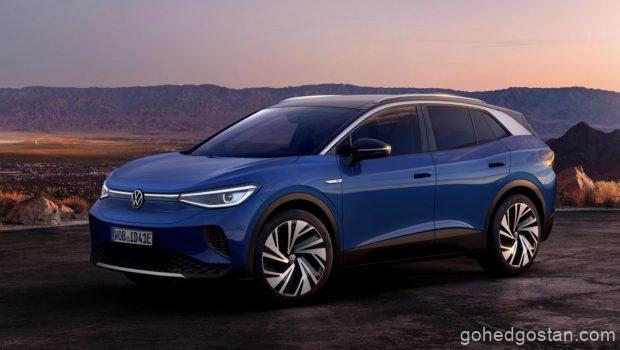
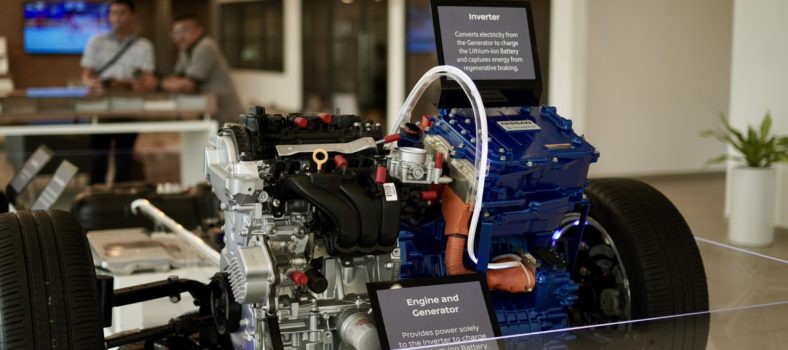

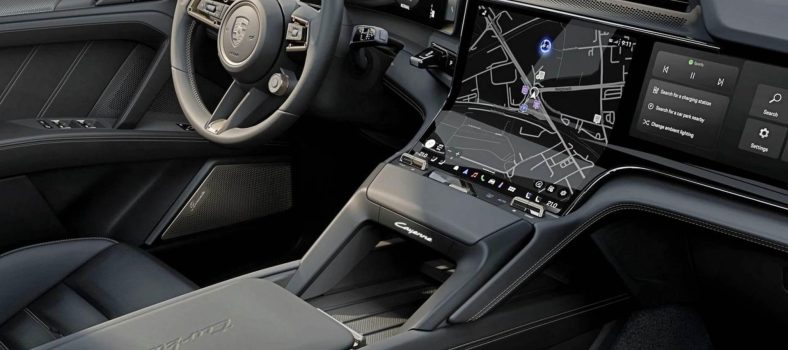
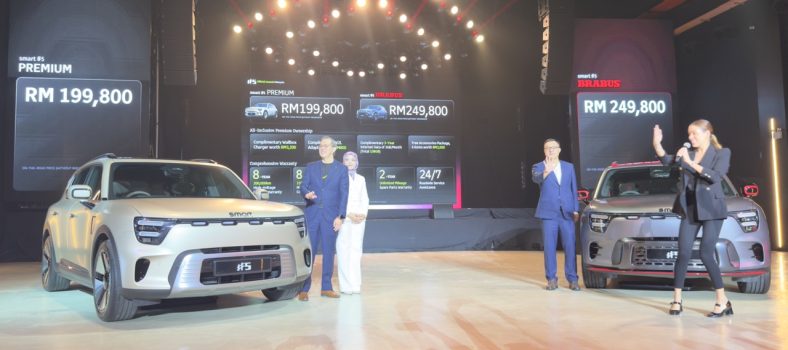
No Comment